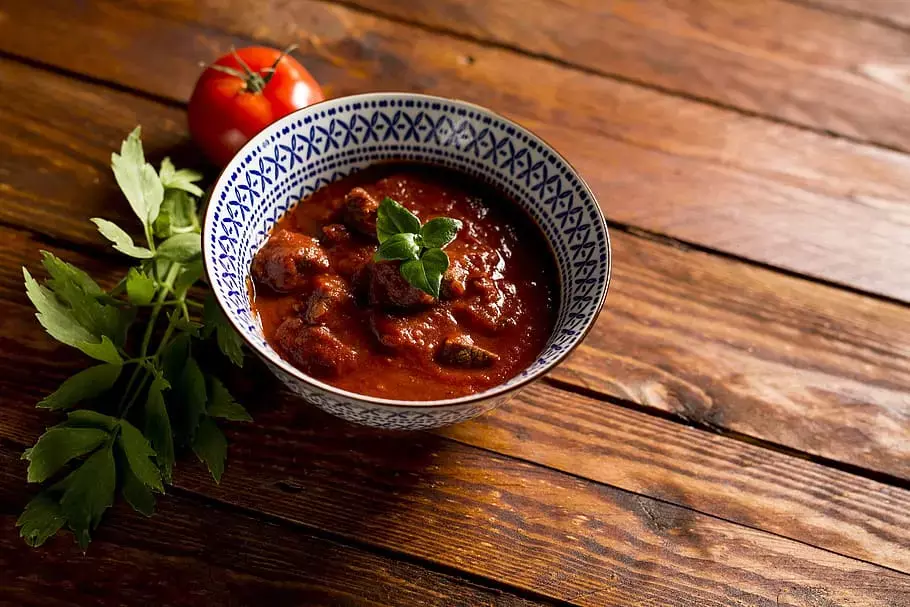- Home
- Medical news & Guidelines
- Anesthesiology
- Cardiology and CTVS
- Critical Care
- Dentistry
- Dermatology
- Diabetes and Endocrinology
- ENT
- Gastroenterology
- Medicine
- Nephrology
- Neurology
- Obstretics-Gynaecology
- Oncology
- Ophthalmology
- Orthopaedics
- Pediatrics-Neonatology
- Psychiatry
- Pulmonology
- Radiology
- Surgery
- Urology
- Laboratory Medicine
- Diet
- Nursing
- Paramedical
- Physiotherapy
- Health news
- Fact Check
- Bone Health Fact Check
- Brain Health Fact Check
- Cancer Related Fact Check
- Child Care Fact Check
- Dental and oral health fact check
- Diabetes and metabolic health fact check
- Diet and Nutrition Fact Check
- Eye and ENT Care Fact Check
- Fitness fact check
- Gut health fact check
- Heart health fact check
- Kidney health fact check
- Medical education fact check
- Men's health fact check
- Respiratory fact check
- Skin and hair care fact check
- Vaccine and Immunization fact check
- Women's health fact check
- AYUSH
- State News
- Andaman and Nicobar Islands
- Andhra Pradesh
- Arunachal Pradesh
- Assam
- Bihar
- Chandigarh
- Chattisgarh
- Dadra and Nagar Haveli
- Daman and Diu
- Delhi
- Goa
- Gujarat
- Haryana
- Himachal Pradesh
- Jammu & Kashmir
- Jharkhand
- Karnataka
- Kerala
- Ladakh
- Lakshadweep
- Madhya Pradesh
- Maharashtra
- Manipur
- Meghalaya
- Mizoram
- Nagaland
- Odisha
- Puducherry
- Punjab
- Rajasthan
- Sikkim
- Tamil Nadu
- Telangana
- Tripura
- Uttar Pradesh
- Uttrakhand
- West Bengal
- Medical Education
- Industry
Curry and vitamin B2 consumption may protect women against metabolic syndrome: Study

Premenopausal women who consume higher amounts of curry and postmenopausal women with a higher daily vitamin B2 intake are less likely to have metabolic syndrome (MetS), according to a study of women in Korea published in Menopause.
This study, conducted by two Korean researchers tried to demonstrate the associations between metabolic syndrome (MetS) during menopause and serum heavy metal levels and vitamin and curry consumption.
The researchers collected a data set of 7,131 pre-and postmenopausal women aged 20 years collected between 2009 and 2017 to obtain information on sociodemographic, lifestyles, family histories, food intakes, and serum heavy metal levels, and metabolic syndrome (MetS).
Logistic regression was used to identify associations between the presence of metabolic syndrome (MetS) and risk factors and to predict risks of metabolic syndrome (MetS) based on marginal effects.
The researchers found the following:
· Postmenopausal women had a higher risk of metabolic syndrome (MetS) than premenopausal women.
· Also, during post menopause elevations in the levels of serum cadmium by one unit increased the risk of metabolic syndrome (MetS) by 33%
· Risks of MetS in pre-and postmenopausal women, when serum Hb levels increased by 1 unit increased 21% and 26%, respectively. Furthermore, the risk of MetS risk in pre-and postmenopausal women were increased 2.49- fold and 2.79-fold by a 1% increase in HbA1c level, respectively.
· High curry consumption reduced the risk of MetS significantly more than low curry consumption in premenopausal women.
· Furthermore, an increase in daily vitamin B2 intake by 1 mg reduced the risk of MetS by 45% in postmenopausal women.
The researchers concluded that Vitamin B2 and curry supplementation may protect against metabolic syndrome (MetS). However, further research is required to reduce risk factors associated with heavy metals and determine the effects of vitamins and curry consumption on MetS
during menopause.
Reference:
Effects of heavy metal, vitamin, and curry consumption on metabolic syndrome during menopause: a Korean a community-based cross-sectional study by Hai Duc Nguyen and Min-Sun Kim published in Menopause.
DOI: 10.1097/GME.0000000000001825
Dr. Shravani Dali has completed her BDS from Pravara institute of medical sciences, loni. Following which she extensively worked in the healthcare sector for 2+ years. She has been actively involved in writing blogs in field of health and wellness. Currently she is pursuing her Masters of public health-health administration from Tata institute of social sciences. She can be contacted at editorial@medicaldialogues.in.
Dr Kamal Kant Kohli-MBBS, DTCD- a chest specialist with more than 30 years of practice and a flair for writing clinical articles, Dr Kamal Kant Kohli joined Medical Dialogues as a Chief Editor of Medical News. Besides writing articles, as an editor, he proofreads and verifies all the medical content published on Medical Dialogues including those coming from journals, studies,medical conferences,guidelines etc. Email: drkohli@medicaldialogues.in. Contact no. 011-43720751


